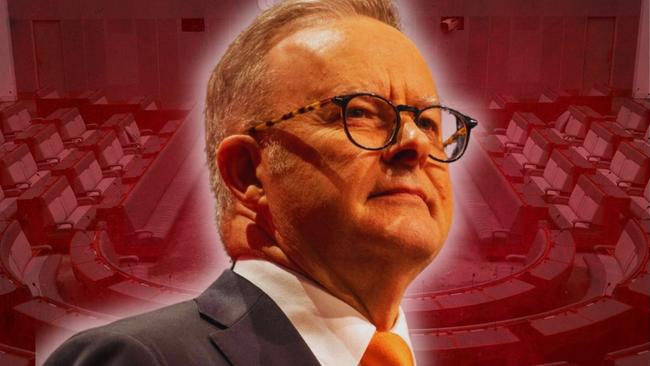
Labor’s record-breaking election victory has vested Anthony Albanese with significantly enhanced authority within the electorate and government, giving him an opportunity to make his prime ministership truly transformative and entrench his party as the dominant electoral force for the next decade.
This is what is on offer for Albanese, a man who has been underestimated throughout his career but who never doubted Labor would win re-election, increase its primary vote and maintain its parliamentary majority. The pundits and polls did not predict the scale of the triumph.
The electoral accolades already far outstrip those of Scott Morrison, Malcolm Turnbull, Tony Abbott, Julia Gillard and Kevin Rudd. Albanese not only led his party to victory from opposition, but also secured re-election with an increased primary vote and parliamentary majority, something none of the other five achieved.
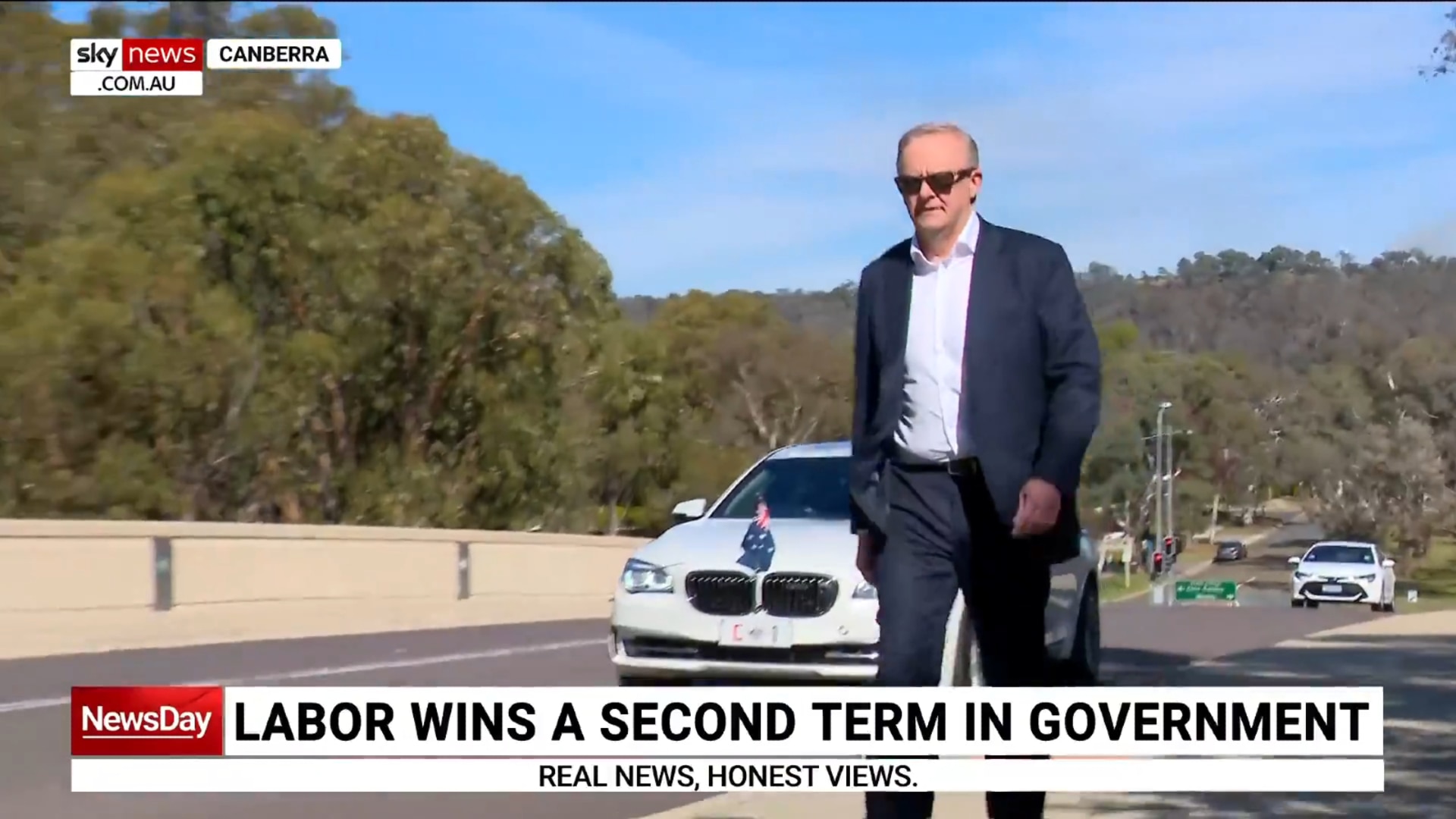
If Albanese serves only two years of this term, he will outrank these five prime ministers plus John Gorton, John Curtin, Paul Keating, Ben Chifley and Andrew Fisher for longevity.
Think about this: it also means he will become the second-longest serving Labor prime minister after Bob Hawke. Not even Albanese, in his wildest dreams, could have imagined that.
The scale of the Labor victory is staggering. In two-party terms, the 55 per cent vote is higher than that achieved by Morrison, Turnbull, Abbott, Gillard or Rudd at any election and ranks only third to Harold Holt in 1966 and Malcolm Fraser in 1975 in the post-war period. Albanese has achieved a two-party vote higher than any other Labor leader since Curtin in 1943, who secured 58.2 per cent.
The Liberal defeat is monumental. It is the party’s greatest loss since its founding in 1944. The party has been absolutely smashed in cities and suburbs around Australia. The rejection from women, migrants, young families and students was epic. Peter Dutton had a polling lead just months ago and blew it.
Any suggestion the Liberal Party needs to move further to the right, embrace Donald Trump, attend more Conservative Political Action Conferences or heed advice from Advance is utterly delusional. This agenda is toxic to mainstream Australians, who deserted the party in droves. Forget the DOGE-style promises, MAGA hat-wearing or “Make Australia Great Again” slogans from Coalition MPs.
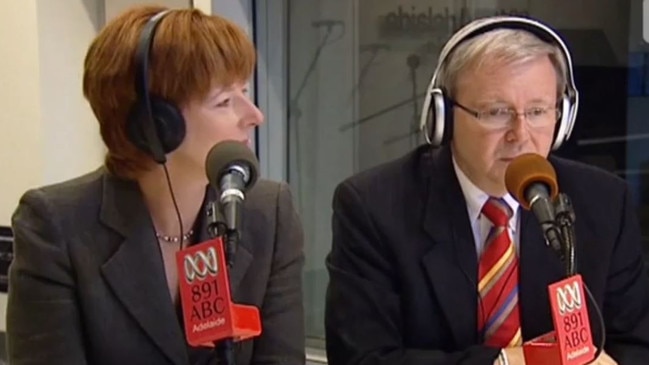
The vast majority of suburban middle-class voters rejected the Liberal Party in seats such as Banks and Hughes in NSW, Bonner and Dickson in Queensland, Bass and Braddon in Tasmania, Deakin in Victoria, and Sturt in South Australia. They were Liberal strongholds. The party has no chance of winning suburban Labor seats when they can’t hold their own.
Another problem is the teal movement. Many in the party thought the teals were an aberration and won seats in 2022 only because of strategic voting by Labor supporters. This was a flawed analysis. The teals represent a structural problem for the Liberal Party. It is unlikely to win government without reclaiming most if not all teal seats.
Labor could hold twice as many seats as the Coalition, making it a dominant electoral force that could keep Labor in power for several more terms. Albanese caught the mood of the country and voters responded warmly to Labor’s interventionist big government agenda, with higher wages, more spending on health, welfare and education, workers’ rights, action on climate change and more. It is hard to see the Coalition winning about 35 seats needed to regain government any time soon. It is at risk of being a Coalition of two minor parties.
As a member of parliament since 1996, Albanese learned lessons from the six prime ministers he watched up close. While Albanese expresses fidelity to Labor’s heroes – Gough Whitlam, Hawke, Keating – and their giant legacies pulse through his veins, his models and anti-models are the previous five prime ministers.
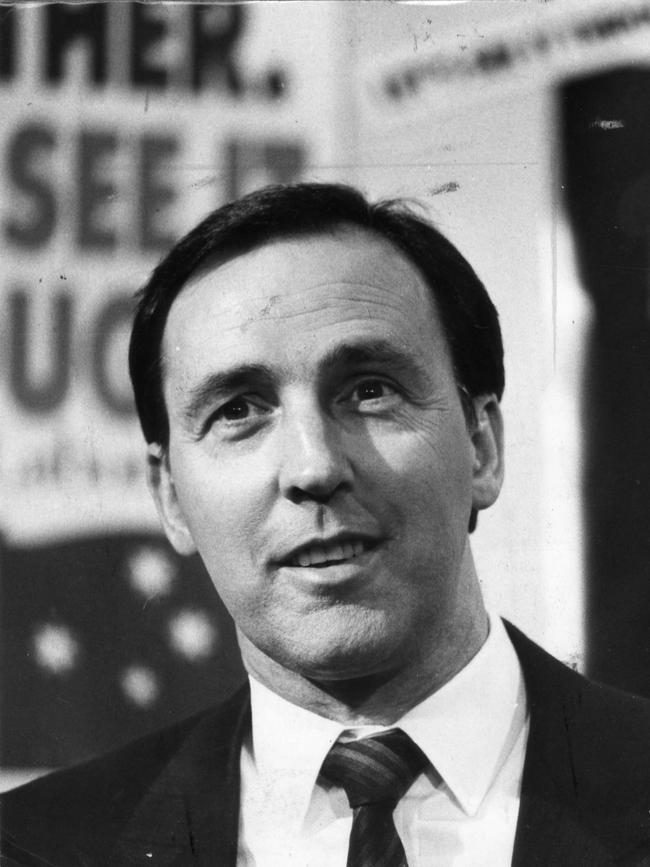
The importance of party unity in government is a lesson learned from the past two Coalition and Labor governments, each beset with leadership infighting and public division. Albanese saw how John Howard masterfully managed his partyroom. Albanese understands the tribal rhythms, Byzantine factions and traditions of the party. He is accessible to all MPs. Party unity fosters government stability – another takeout from governments since 2013. Albanese made stability a key feature of his re-election campaign.
He watched as the Howard government lost a score of ministers because of scandals in its first term. Labor has lost no ministers because of probity or integrity failures. Unity and stability lead to discipline in the communication of political messages and policies. Labor’s campaign was highly disciplined.
In contrast, the Coalition campaign was a shambles from start to finish. A disciplined party produces a focused government. Labor MPs were clear during the campaign what they stood for and why. Another essential lesson Albanese learned is the importance of proper cabinet government.
Labor ministers talk of adopting the Hawke approach to cabinet management that valued public service advice, welcomed debate and discussion, and instituted proper processes for business. This provided for orderly government. The breakdown in the proper administration of cabinet during the Morrison government is seared into Albanese.
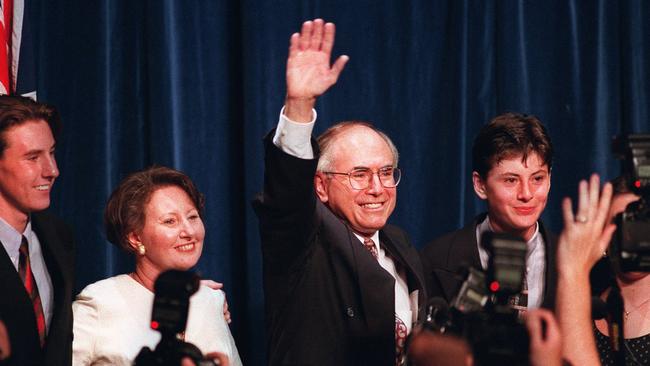
Not only did Morrison swear himself into several ministries, he also appointed himself the sole member of a cabinet committee. Most ministers and his partyroom were never told he held several portfolios. It was not disclosed to parliament or gazetted.
So these are the four pillars that define Albanese’s prime ministership – unity, stability, discipline and focus – which provide for a collegiate approach to governing that produces a coherent policy framework. These are the core failures of the Abbott, Turnbull and Morrison governments, and also the Rudd-Gillard-Rudd governments.
Labor is determined not to break faith with voters or exceed its mandate. Albanese will focus on delivering promises. He has some room to move, but do not expect a radical agenda. However, he learned from Howard’s 1998 re-election that you can risk a large majority with a reform agenda. This may be a pathway to bolder government.
Albanese transformed the electoral map, but it remains to be seen whether he can transform the country.




